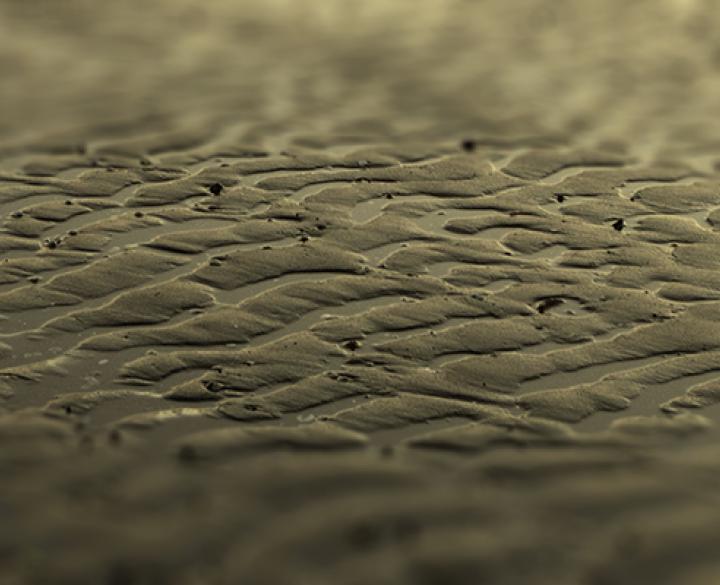Fluorosurfactants (also called fluorinated surfactants, perfluorinated alkylated substances or PFASs) is a group of more than 6,000 substances, including perfluorooctanoic acid (PFOA), perfluorooctanesulfonate (PFOS) and perfluorohexane sulfonic acid (PFHxS). PFASs are frequently used in textiles because of their water, dirt, and oil repellent properties.
Unfortunately, these substances are persistent (by which they can spread over long distances), bio-accumulative and toxic.
During the council of June 2019, the European environmental ministers have urged the European Commission to develop a plan to ban all non-essential uses of PFAS.
PFASs are often used in textile finishing
At the beginning of 2020, the European Commission will launch a comprehensive study on the use of all PFASs in the textile sector. This study will imply all textile products, including protective clothing and medical textiles.
Aim of the study
- mapping all hazards and emissions of PFAS and their alternatives
- identifying critical (essential) uses still needing fluorinated chemicals
- determining transition periods for substitution.
The study will allow the European Commission to ask ECHA to draft a restriction proposal on the use of PFAS in the textile industry.
PFAS will only be allowed in "essential uses", that are necessary to "ensure the protection of health and environment" and/or the "functioning of society", in the event that no (technical and economic) alternatives are available.
The EC will conduct the study in close concertation with the stakeholders. In January 2020, a workshop will take place, followed by a targeted questionnaire.
The professional federation, Fedustria, will follow up the developments and provide input in coordination with the companies
If you would like to participate, contact Bruno Eggermont of Fedustria




